1. Paul Revere & the Raiders
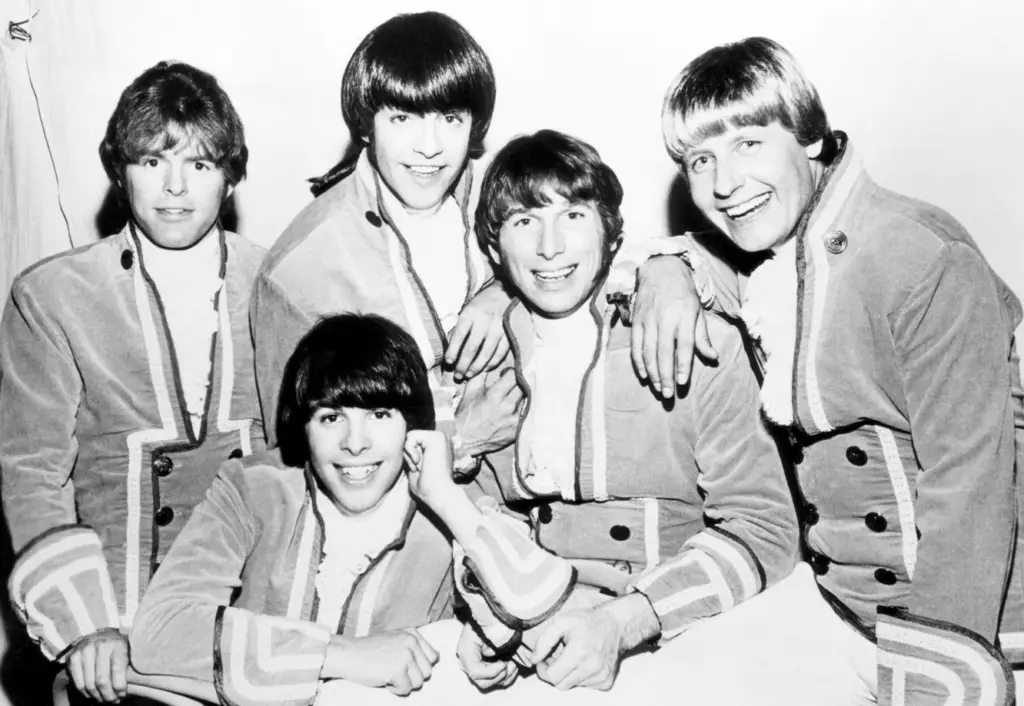
For a stretch in the mid-’60s, Paul Revere & the Raiders were everywhere, even hosting TV variety shows while scoring hits like “Kicks” and “Hungry.” They had catchy songs, a playful image with their Revolutionary War outfits, and the kind of stage presence that drew young fans in droves. They even helped define what we now think of as the garage rock sound.
But while contemporaries like The Monkees and The Byrds found ways to stay relevant, the Raiders faded as the decade ended. They never quite shook off the “teenybopper” label that critics unfairly tagged them with, even though they could seriously rock. They should have been remembered alongside the era’s biggest names, but instead they drifted into nostalgia status.
2. Herman’s Hermits
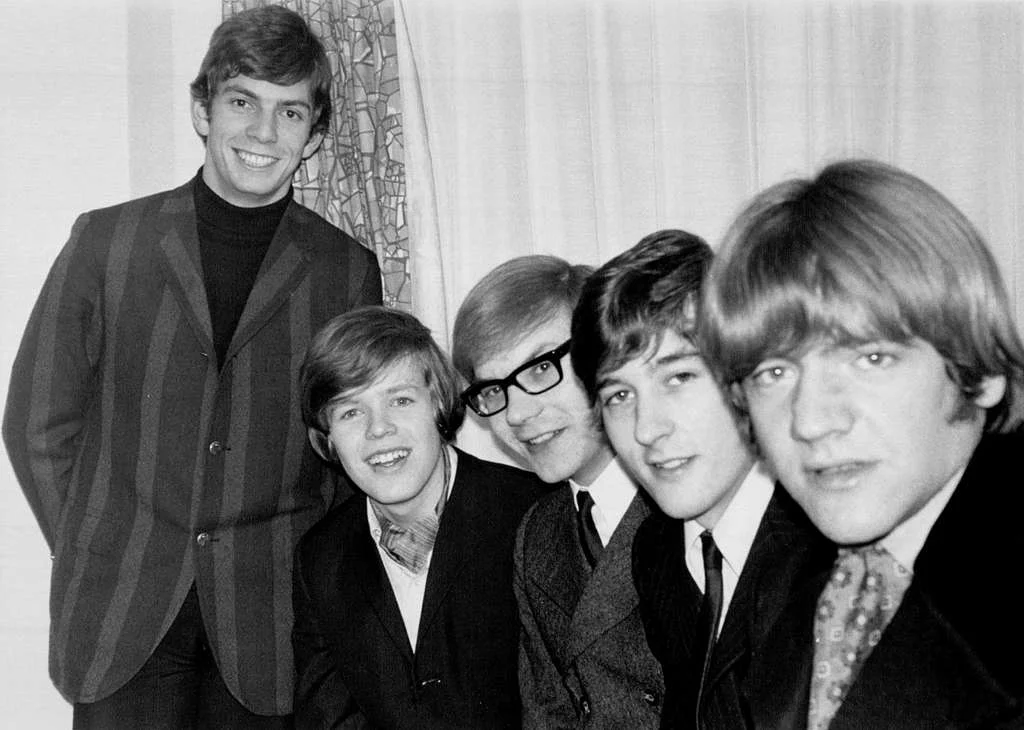
Herman’s Hermits were part of the British Invasion that stormed the U.S. charts, rivaling even The Beatles at times in popularity. With songs like “I’m Into Something Good” and “Mrs. Brown, You’ve Got a Lovely Daughter,” they were darlings of the pop-rock world. Peter Noone’s boyish charm made them instant teen idols.
Yet unlike their peers, the Hermits never evolved past their bubblegum beginnings. While The Beatles and Stones went psychedelic and experimental, Herman’s Hermits stuck with their safe formula. By the end of the ’60s, they were fading from the spotlight. They could have been legendary with just a little reinvention, but instead they became a fond memory of the Invasion.
3. The Dave Clark Five
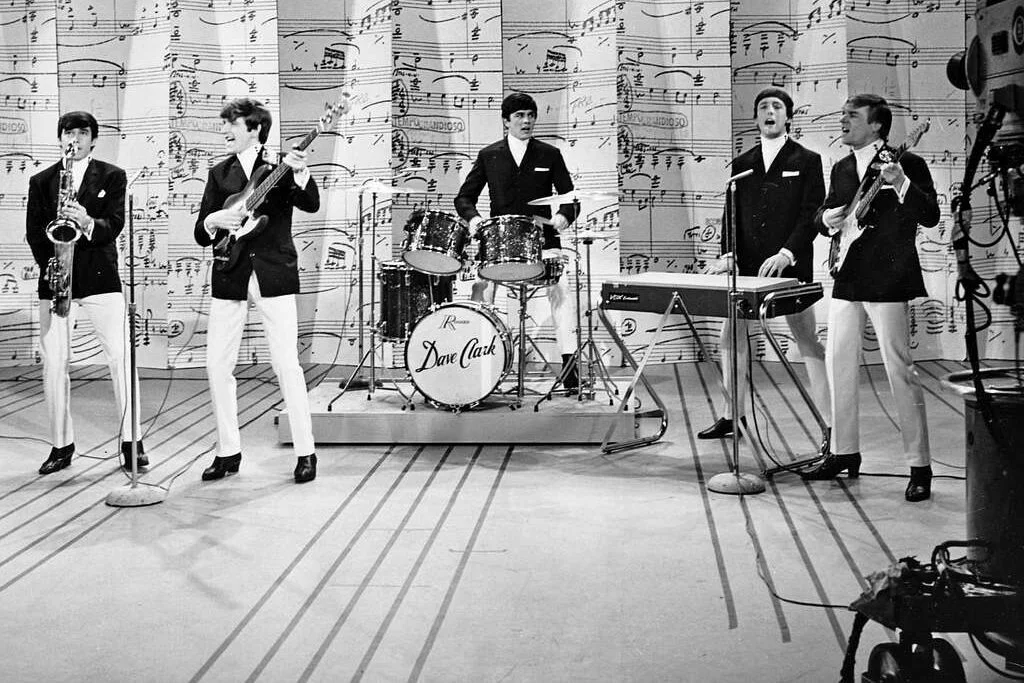
When the British Invasion hit, The Dave Clark Five were billed as the Beatles’ biggest rivals. Their song “Glad All Over” knocked The Beatles off the UK charts, and they brought a tougher, stomp-heavy sound that influenced countless garage bands. They even appeared on The Ed Sullivan Show more than a dozen times.
But as the decade went on, they never expanded their sound beyond those driving beats and catchy hooks. While the Beatles and Stones pushed boundaries, the Dave Clark Five stayed in their lane. That lack of reinvention kept them from lasting success, even though they had everything going for them. Today they’re remembered, but not revered.
4. The Turtles
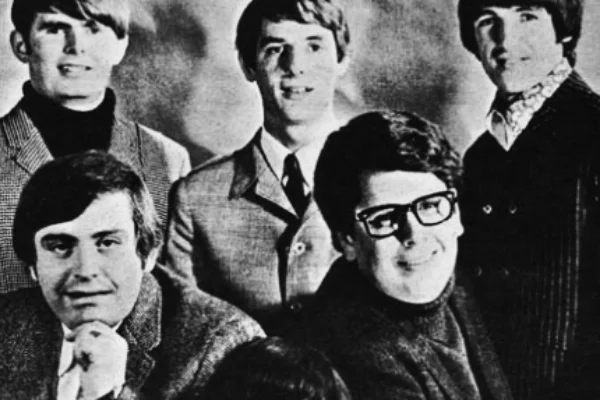
The Turtles’ “Happy Together” is one of those songs that will never die, and for a moment it looked like they were on track to be as big as The Beach Boys. They specialized in sunny harmonies and radio-friendly pop-rock that made them beloved across the U.S. They were also versatile enough to flirt with psychedelia on hits like “She’d Rather Be With Me.”
But behind the scenes, the band was plagued by record label troubles and internal drama. They had other hits, but nothing that matched the sheer cultural impact of “Happy Together.” Instead of becoming a lasting juggernaut, they ended the ’60s in legal wrangling. They should have been remembered alongside the era’s greats, but instead they became a one-big-hit band.
5. Tommy James & the Shondells
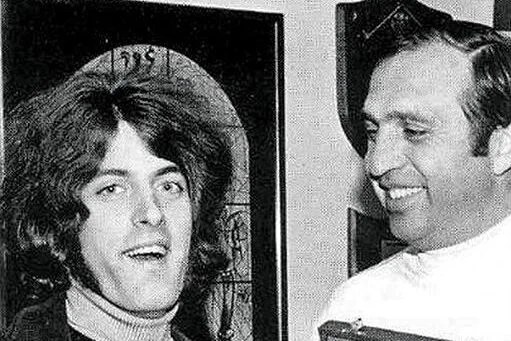
With songs like “Mony Mony,” “Crimson and Clover,” and “I Think We’re Alone Now,” Tommy James & the Shondells defined a particular brand of psychedelic pop. Their songs were everywhere, and they had a knack for making music that was both catchy and slightly experimental. For a few years, they rivaled almost anyone in popularity.
But while their songs endured, the band itself didn’t. By the early ’70s, Tommy James went solo, and the Shondells were done. Their music lived on through endless covers, but the band itself faded from public consciousness. They could have been legends in their own right, not just remembered through other artists’ versions of their songs.
6. The Lovin’ Spoonful
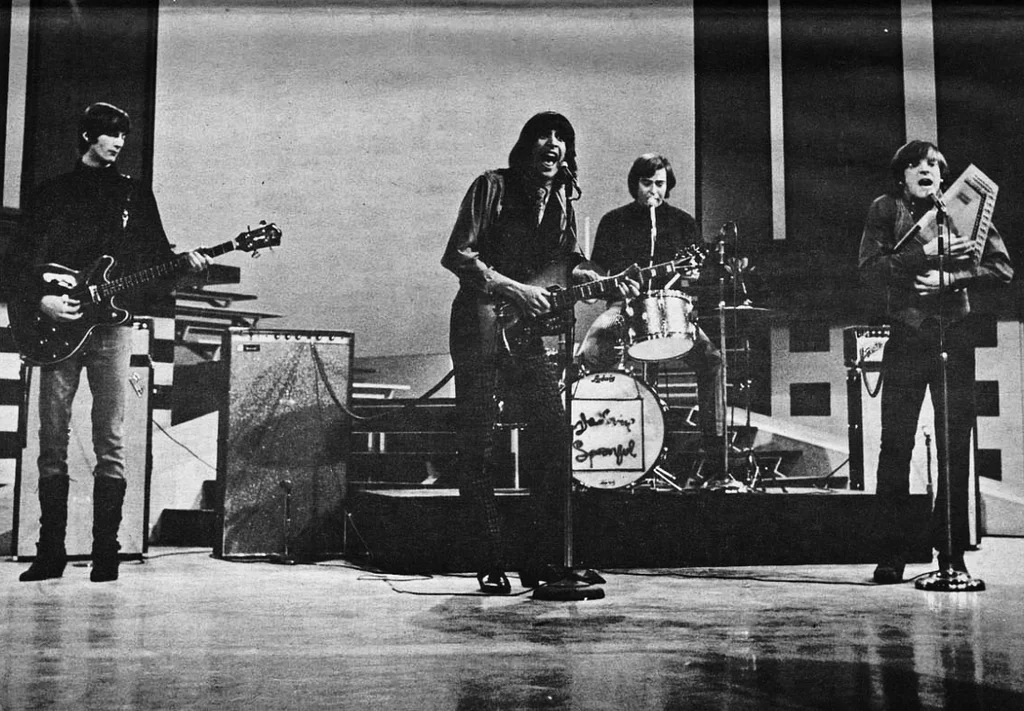
The Lovin’ Spoonful were huge in the mid-’60s, with hits like “Summer in the City” and “Do You Believe in Magic.” Their upbeat, folk-rock sound made them one of the most beloved bands of the decade. John Sebastian’s songwriting was charming and clever, and their music was woven into the fabric of the era.
But like so many ’60s acts, they couldn’t keep the momentum going. Internal struggles and the rapidly changing music scene left them behind. While their songs are still instantly recognizable, the band itself didn’t achieve the mythic status of The Byrds or The Beach Boys. They had the spark, but it fizzled too soon.
7. The Rascals
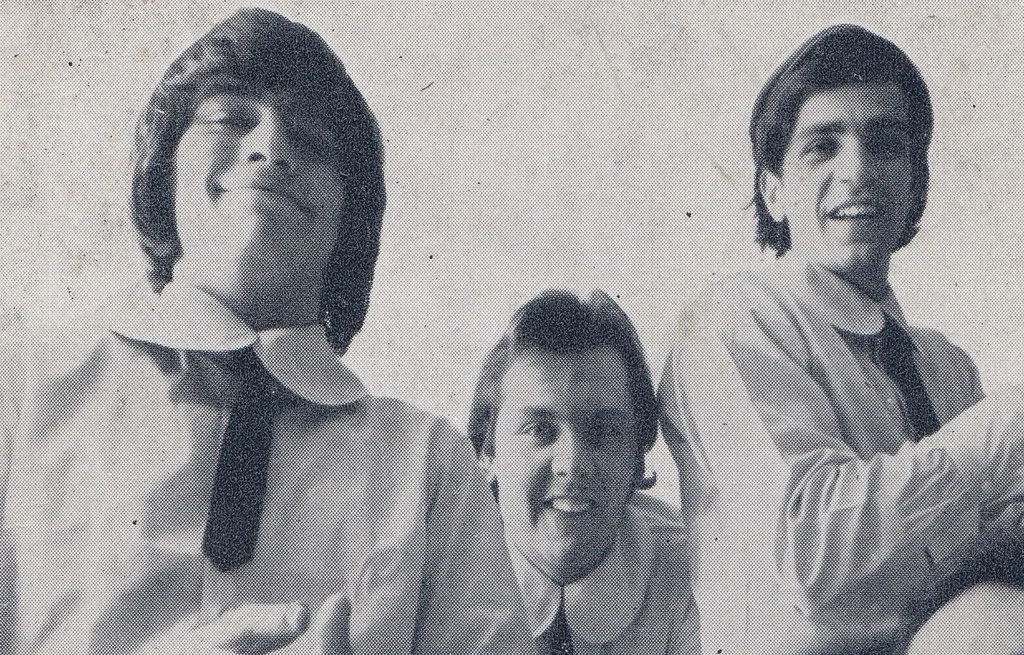
The Rascals, originally known as The Young Rascals, delivered some of the most soulful rock of the decade. Songs like “Good Lovin’” and “People Got to Be Free” captured both the fun and the social consciousness of the late ’60s. For a while, they seemed destined to be remembered as one of the greats.
But they didn’t survive the transition into the ’70s. Band tensions and shifts in popular taste left them in the dust. Their influence is still felt in the mix of rock and soul that dominated later decades, but they never secured that legendary status. They remain a band people love when reminded, but not one that sits on the classic rock pedestal.
8. The Animals
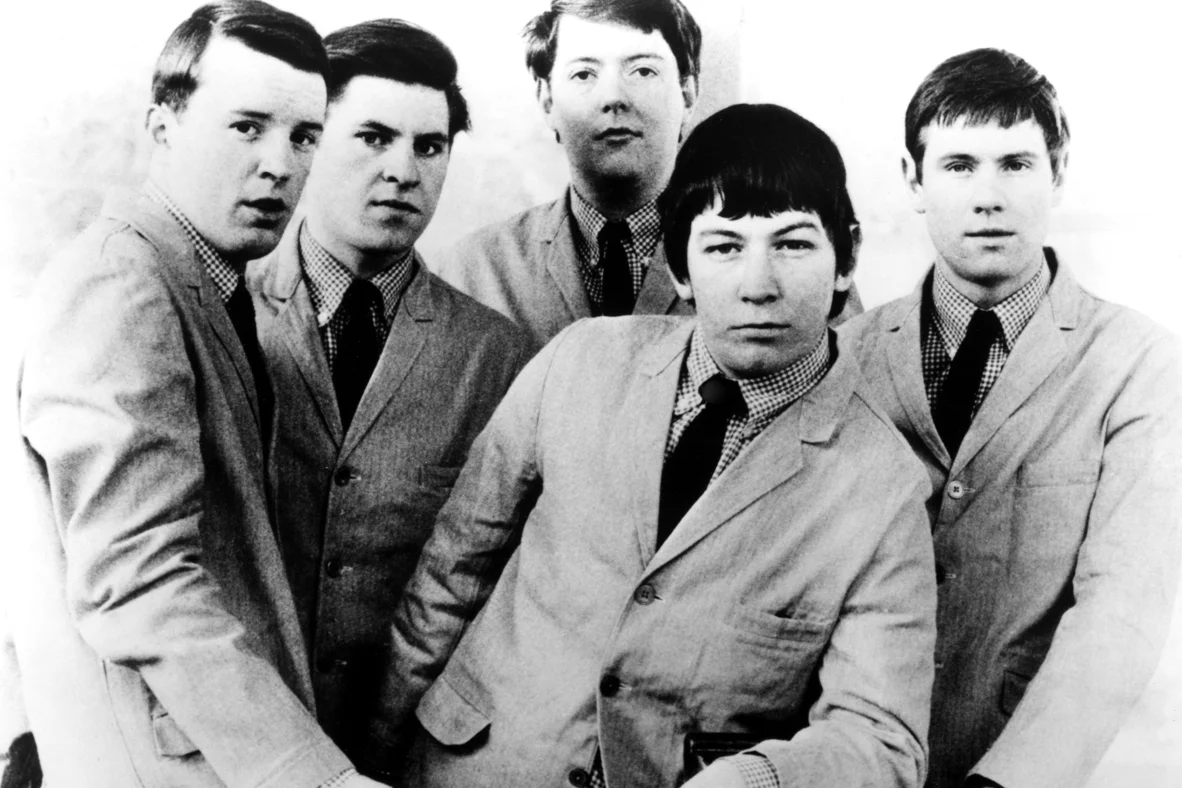
The Animals exploded onto the scene with “House of the Rising Sun,” one of the most haunting and unforgettable songs of the decade. With Eric Burdon’s gritty vocals and Alan Price’s organ work, they seemed like a band with staying power. They even managed other hits like “Don’t Let Me Be Misunderstood” and “We Gotta Get Out of This Place.”
But their lineup changes were constant, and they couldn’t hold the group together for long. Burdon went on to form other projects, but The Animals as a unit never achieved long-term superstardom. They’re remembered mostly for that one towering classic, when they could have been remembered as a band of legends.
9. The Monkees
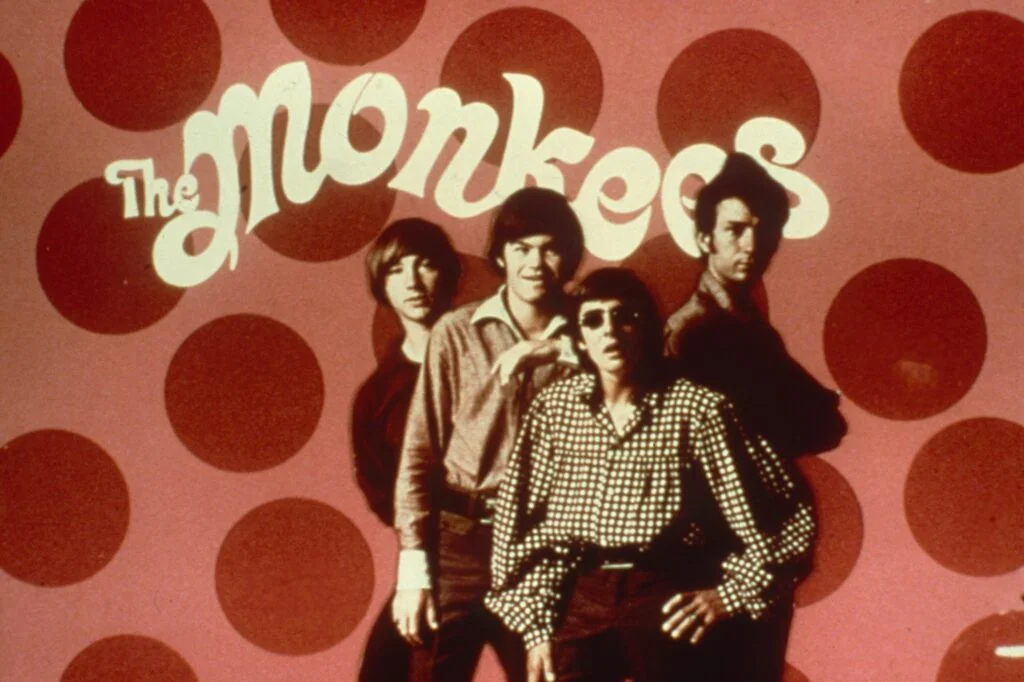
The Monkees were designed as a TV band, but they quickly proved they could actually play, write, and perform. With hits like “I’m a Believer” and “Last Train to Clarksville,” they became one of the most popular bands in America. Their TV show only amplified their reach, making them icons of the mid-’60s.
Yet despite their success, they were never fully taken seriously. Critics dismissed them as a “manufactured” group, and once their TV show ended, so did their momentum. They’ve had reunions and a cult following ever since, but they never reached that untouchable legendary status. They had the fame, but not the enduring respect.
10. The Byrds
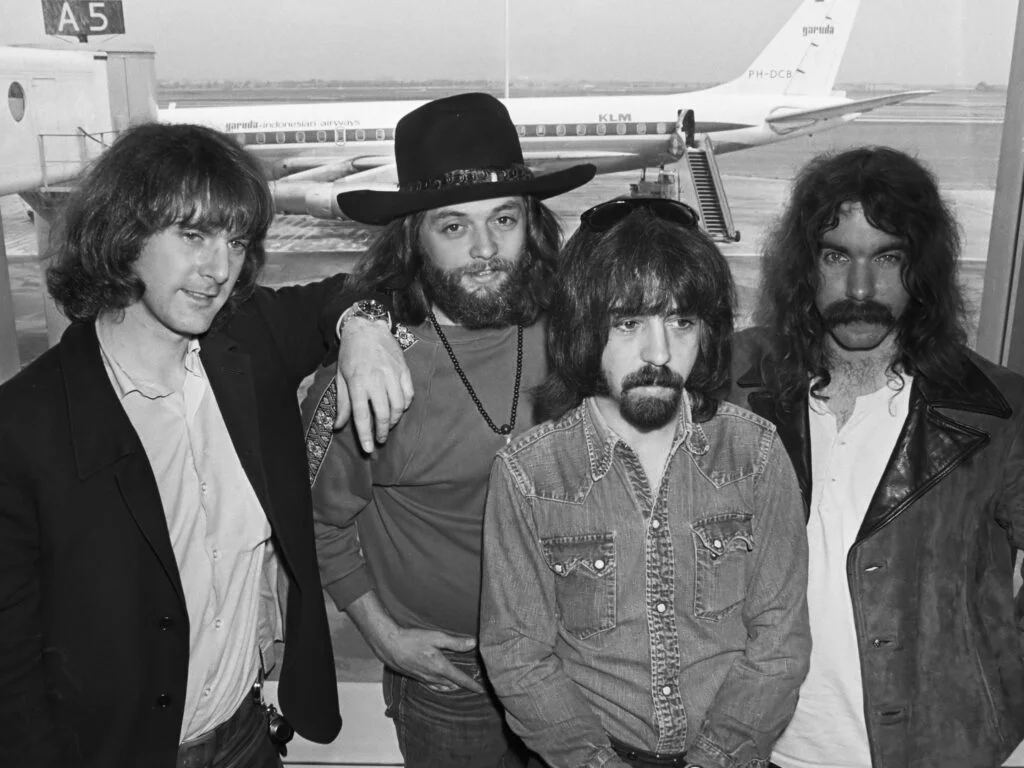
The Byrds practically invented folk-rock, taking Dylan’s songs electric and creating hits like “Mr. Tambourine Man” and “Turn! Turn! Turn!” They even pioneered country-rock with Sweetheart of the Rodeo. Their influence on future bands, from Tom Petty to R.E.M., is enormous.
But despite their groundbreaking contributions, they never had the consistent commercial success to cement them as legends. Constant lineup changes meant they were always reinventing themselves, but never stable enough to dominate. They should have been as big as The Beach Boys, but instead they’re mostly beloved by music historians.
11. The Hollies
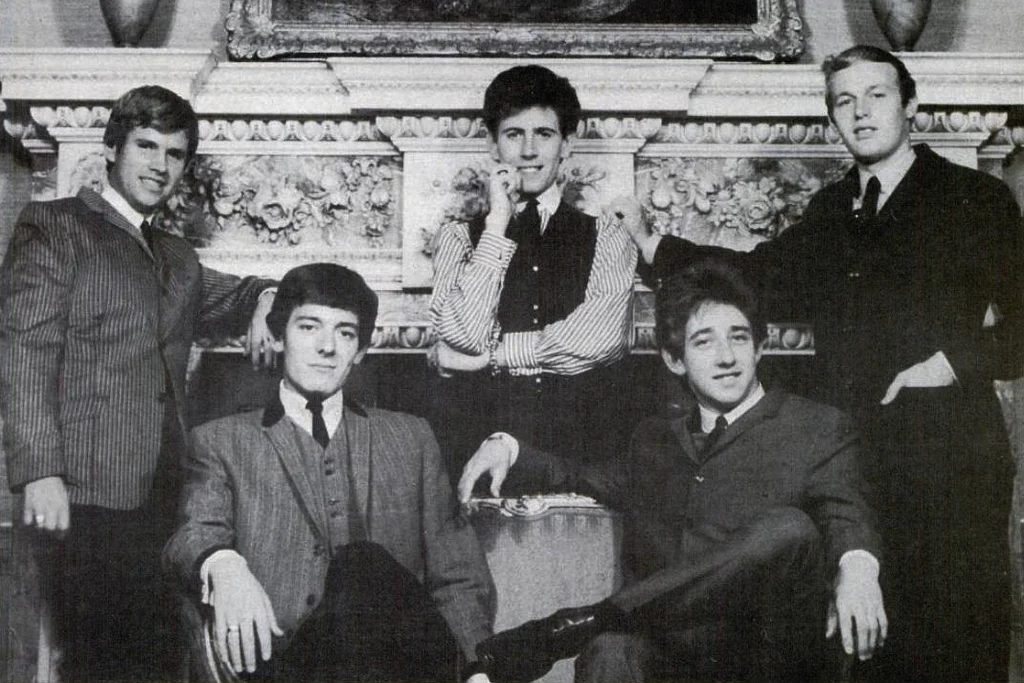
The Hollies had beautiful harmonies and hits like “Bus Stop” and “He Ain’t Heavy, He’s My Brother.” They were part of the British Invasion, and for a while, it looked like they’d stick around as long as The Beatles. Their knack for combining pop hooks with rich harmonies made them a fan favorite.
But they never truly broke through internationally in the same way as their peers. Even with Graham Nash in the lineup before Crosby, Stills & Nash, the band couldn’t quite reach legendary heights. They’re remembered fondly, but not as rock giants. They had all the right ingredients, but somehow didn’t get the recipe to last.
12. Steppenwolf
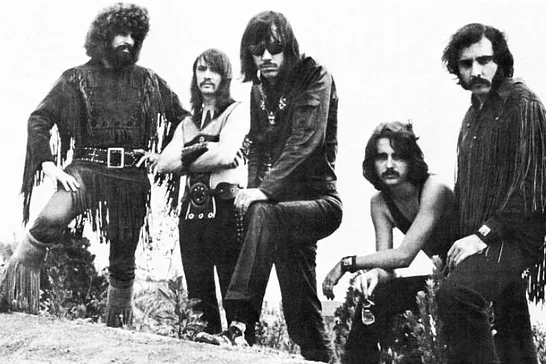
With “Born to Be Wild,” Steppenwolf created one of the defining songs of rock history. They were pioneers of the heavy, biker-inspired sound that pointed toward hard rock and metal. For a moment, it seemed like they would become the sound of a generation.
But outside of that and a few other tracks like “Magic Carpet Ride,” they couldn’t maintain the momentum. As the ’70s rolled on, they were overshadowed by louder, heavier bands. They could have been seen as forefathers of hard rock, but instead they became a band associated with one or two classic tracks.
13. The Zombies
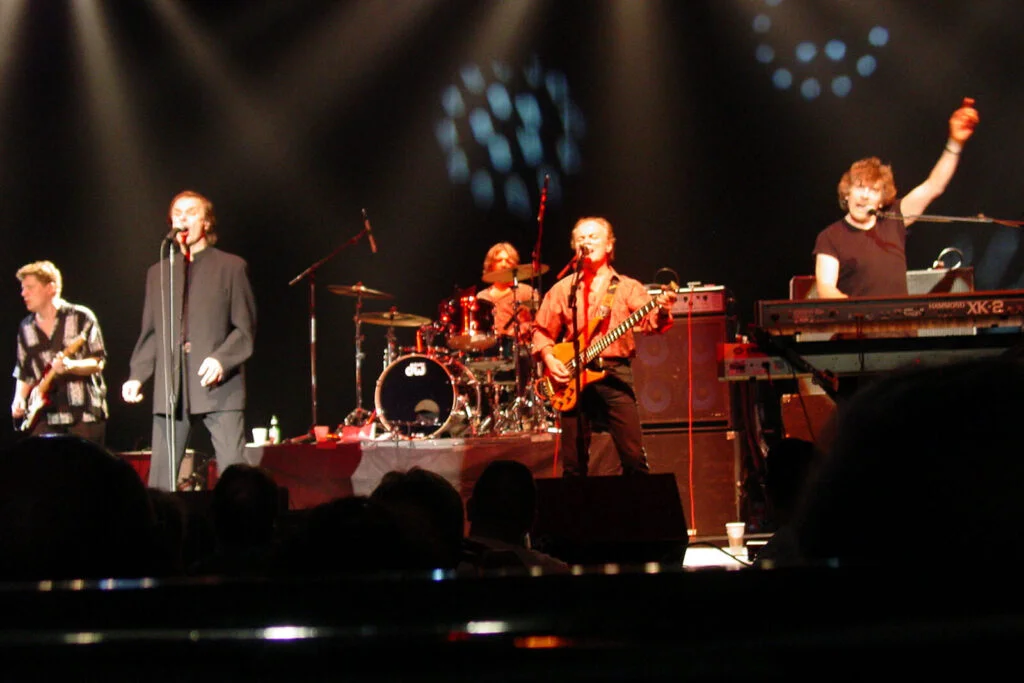
The Zombies gave us “She’s Not There” and “Time of the Season,” songs that still feel fresh decades later. Their album Odessey and Oracle is considered one of the greatest of the decade, with gorgeous arrangements and harmonies. They had a style that was refined and timeless, standing out from many of their peers.
But they broke up just as their music was finding real traction. By the time “Time of the Season” hit big, the band was already done. They’ve been rediscovered over the years, but they never had the chance to bask in their own success at the time. They should have been remembered as giants, not cult heroes.
14. The Yardbirds
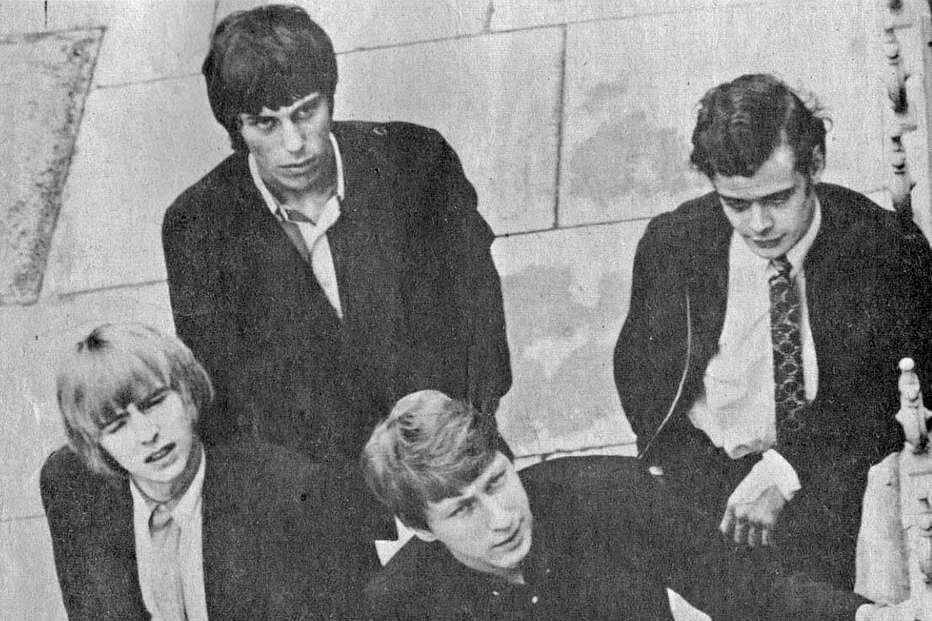
The Yardbirds are best known for launching guitar legends like Eric Clapton, Jeff Beck, and Jimmy Page. They were experimental, blending blues, psychedelia, and hard rock in ways that influenced Led Zeppelin and beyond. Songs like “For Your Love” showed they were more than just a stepping stone for guitar gods.
Yet because their most famous members went on to bigger things, the Yardbirds themselves became overshadowed. They could have been legendary in their own right, but instead they’re remembered as the band before the legends. Still, their contribution to rock’s evolution was massive.
15. The Spencer Davis Group
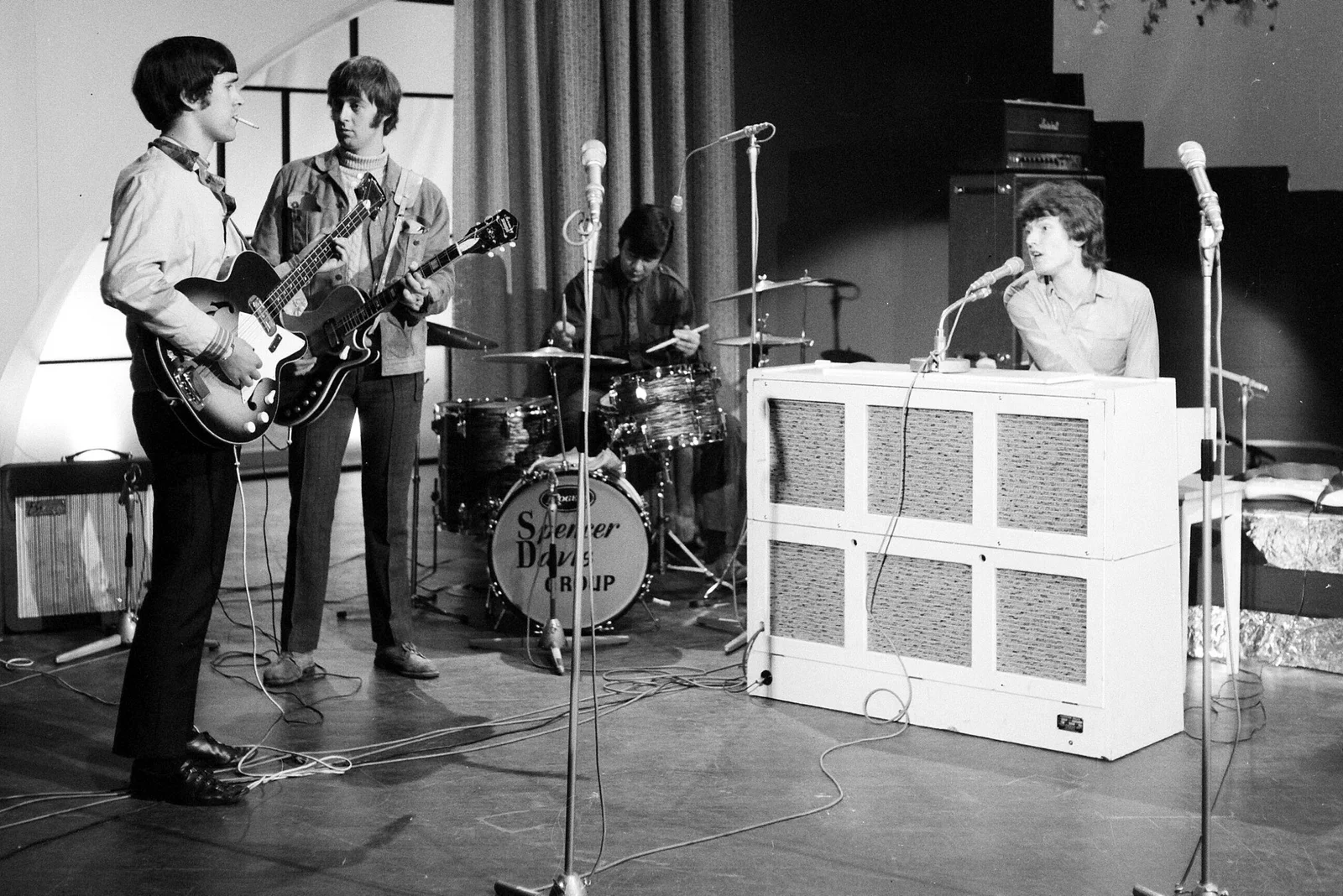
With a teenage Steve Winwood fronting them, The Spencer Davis Group had a sound that felt way ahead of its time. Songs like “Gimme Some Lovin’” and “I’m a Man” are still staples of classic rock radio. Their mix of R&B and rock made them stand out from the British pack.
But once Winwood left to form Traffic, the group never recovered. Their legacy became tied to just a couple of songs and the memory of what could have been. Had they managed to hold it together, they could have stood shoulder-to-shoulder with the best of the British Invasion.
16. The Kinks
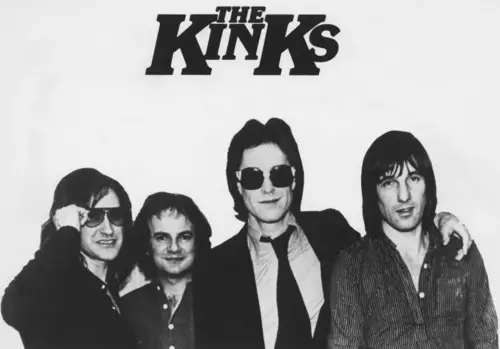
The Kinks had one of the most distinctive sounds of the British Invasion, with songs like “You Really Got Me” and “All Day and All of the Night.” They also released critically acclaimed albums like Village Green Preservation Society, which showed just how brilliant their songwriting was. Ray Davies had a knack for telling stories through music that few could match.
But they were banned from touring in the U.S. during their prime years, which crippled their international exposure. While they’re respected and beloved by musicians, they never achieved the global legendary status of The Beatles or The Rolling Stones. They should have been towering figures in rock, but instead they remain cult icons.


